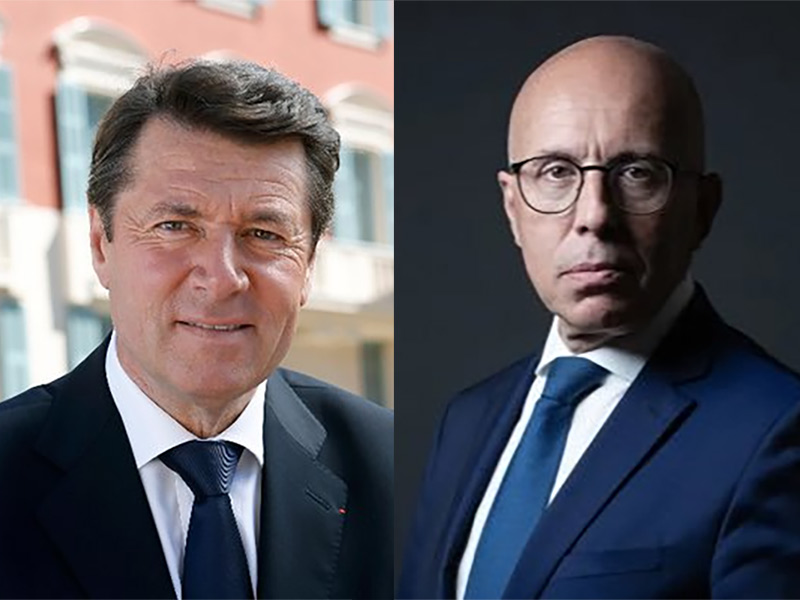TV and Web: the "PACS" before marriage
At the MIPCOM (International market of audiovisual programmes, in Cannes until October 6th), Jean-Claude Courdy noted that television already dreams about its future on the Net…
At the international market of movies and programmes for television, video, cable and satellite, which gathers at the palais des festivals in Cannes from October 2nd to 6th about 12.000 contributors as well as 2,570 production, broadcasting and distribution companies of 85 countries, we had the feeling from the first day that a great concern arose on the market: what is the future for television on this new medium which has the name of the Internet?The question is: when?Many professionals tried to give answers which not always agree but a consensus was established to assert without hesitating that the matter is not to know if television will be broadcasted or not on the Internet, but when Internet will broadcast programmes accessible to all on any other place in the world.Michael Grindon, president of the American company Colombia Tristar International Television noted that the public expected a lot from the new media and their development would possibly change the "Television" paradigm if the good strategic answers are brought.It is striking to notice that for example, the TIVO set top unit, a marvellous technology which allows the consumer of programmes broadcasted by the channels to erase adverts, was only sold at 52,000 units worldwide. Moreover, all technical questions were not settled. The development of the broadband, which makes the broadcasting easier and guaranties the quality of the transmission, is at its beginnings. In the United States, 5 million homes, either 25% have access to it and in Europe, there are hardly one million.Unlimited access to programmesThe arrival at the consumer's of a constant flow of programmes, to choose according to the mood or the need of the moment, should deeply change a series of behaviours in the field of the acquisition of knowledge or in the trainings. Changes in the way of getting informed and entertaining yourself will also probably happen.At the other end of the chain, we can already plan an evolution of connections between cinema and television which become more and more complementary, a modification of satellite broadcasting and a change in the video with the growing presence of the DVD, for which 20 million units were sold and for the year 2000, it faced a more important growth than the video cassette recorder did.The manager of Columbia Tristar International Television adds that the new media are expecting that television will be a natural medium for their promotion. Users of PCs are not the usual viewers. The contents of the new media, sports, various information, entertainment, will have to get a guarantee that only big TV broadcasters can offer, because of their fame among the public.Television and new media, same aimTelevision doesn't consider new media as potential competitors. It considers them as new means of expression and thus new means outlets for other forms of fiction or games, a faster broadcasting of information, a new source of growing interactivity, a greater mobility thanks to wireless applications, but above all a new advertisement manna which could go over 50 billion dollars per year within a few years.Andrew Kaza, manager of the Internet and interactivity sector at the BBC in London speaks about "futurnetspectations". It shows that the integration of the Net and the TV network is reasonably considered. Americans estimate that it will take five years whereas Britons, more optimistic, that it will take four years. These delays will probably allow consensus decisions on a European scale. The stake is considerable, since it is a question of providing to the public the most suitable equipment to satisfy their needs for information, knowledge and entertainment.The integration Internet-Television could thus justify the birth of the unique screen in each home. But are we sure that this perspective is a good thing for manufacturers? This image warfare was not already declared at the MIPCOM, in Cannes, this autumn…The television on the Internet- Canalweb.net, the first television channel on the web, which started in September 1998, created by Jacques Rosselin, founder of "Courrier International".- Alatele.com, website opened by Michel Field, the presenter of "La Marche du Siècle".- Nouvo.com, television dedicated to young people from 25 to 35 years old.- Clicvision.com- Sportmouv.net- Progress-tv.comPresenters such as Christophe de Chavanne, Jean-Luc Delarue or Thierry Ardisson have decided to launch into this adventure.














